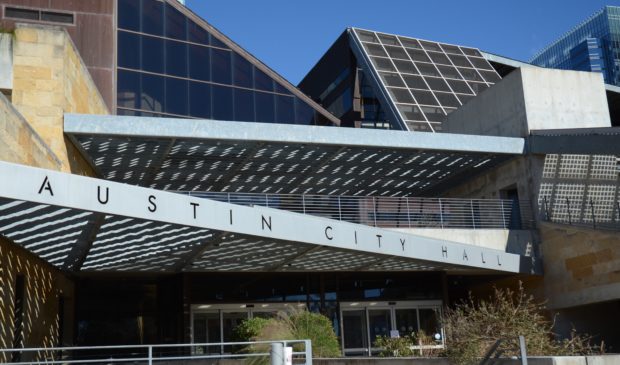Thursday, May 19, 2022 by
Emma Freer
Meanwhile, Congress, through the federal American Rescue Plan Act, allocated $188.4 million to the city, which must be used by 2024. As of early March, the city has obligated $26.3 million, or about 14 percent, with plans to disburse the rest.
“Staff continue to actively manage the complicated financial interactions between General Fund Reserves and anticipated reimbursements from the federal government to ensure we are maximizing the use of ARPA dollars to achieve the greatest possible impact for our community,” Van Eenoo wrote.
FEMA reimbursement
The city has identified $96.6 million, or about 18 percent of its total Covid costs, as potentially eligible for reimbursement by FEMA and is working with an outside adviser, Hagerty Consulting, on the submission process, which must be completed by Dec. 31.
But the reimbursement submission process is not a sure bet and will likely take years to unfold.
“While city staff have taken every appropriate measure to ensure that expenditures meet eligibility criteria, comply with FEMA rules and are extensively documented, it is not expected that 100 percent of potentially eligible costs will be reimbursed,” Van Eenoo wrote.
Potentially reimbursable expenses include:
- protective lodges, or temporary shelters for high-risk individuals without a place to isolate safely
- isolation facilities, or temporary shelters for people exposed to or positive for Covid-19, including those experiencing homelessness
- Covid vaccination sites and testing operations
- alternative care sites
- personal protective equipment and sanitizing products
- medical transport, among other costs
The city’s protective lodges – or ProLodges – are likely to be determined ineligible for a number of reasons, according to the memo.
Hagerty Consulting projects the city could receive up to $90 million in reimbursement from the total $96.6 million identified as potentially eligible. This would leave the city with approximately 70.2 percent of its Covid expenses covered.
However, FEMA is understaffed and continues to address other disasters concurrently with the pandemic; as a result, the city doesn’t expect any payments until 2024 or later.
In the interim, the city has dipped into its emergency reserves to cover these costs. As a result, the city plans to make a one-time transfer of $10.6 million to the reserves, according to the memo. This will restore the 14 percent General Fund-to-emergency reserves ratio required by city policy. Any FEMA reimbursement payments will then be allocated to the reserves.
ARPA funding
The city also has a plan to spend the bulk of its $188.4 million in ARPA funds across four service areas: homelessness, economic support, medical and public health needs, and emergency response, according to the memo.
The homelessness allocation is the most substantial and will be used for housing stabilization, crisis response and supportive services. The city’s Homeless Strategy Office also has obligated its $4.75 million share of ARPA funds to rehabilitate and convert two hotels into permanent supportive housing.
The city has allocated the emergency response dollars to its Office of Homeland Security and Emergency Management, with any remainder available to defray any eligible expenses not reimbursed by FEMA.
The medical and public health needs allocation is mostly earmarked for Austin Public Health initiatives, with $1.5 million being used to establish a health and wellness center in the Colony Park Sustainable Community, a 208-acre, mixed-use development planned in Northeast Austin.
The city has allocated the economic support dollars to a wide variety of programs, including local business, nonprofit and creative sector assistance; a forthcoming community-owned grocery store pilot in an underserved area of Austin; child care service provider assistance; and Austin Film Society Creative Careers, a new workforce development program focused on film and related industries.






